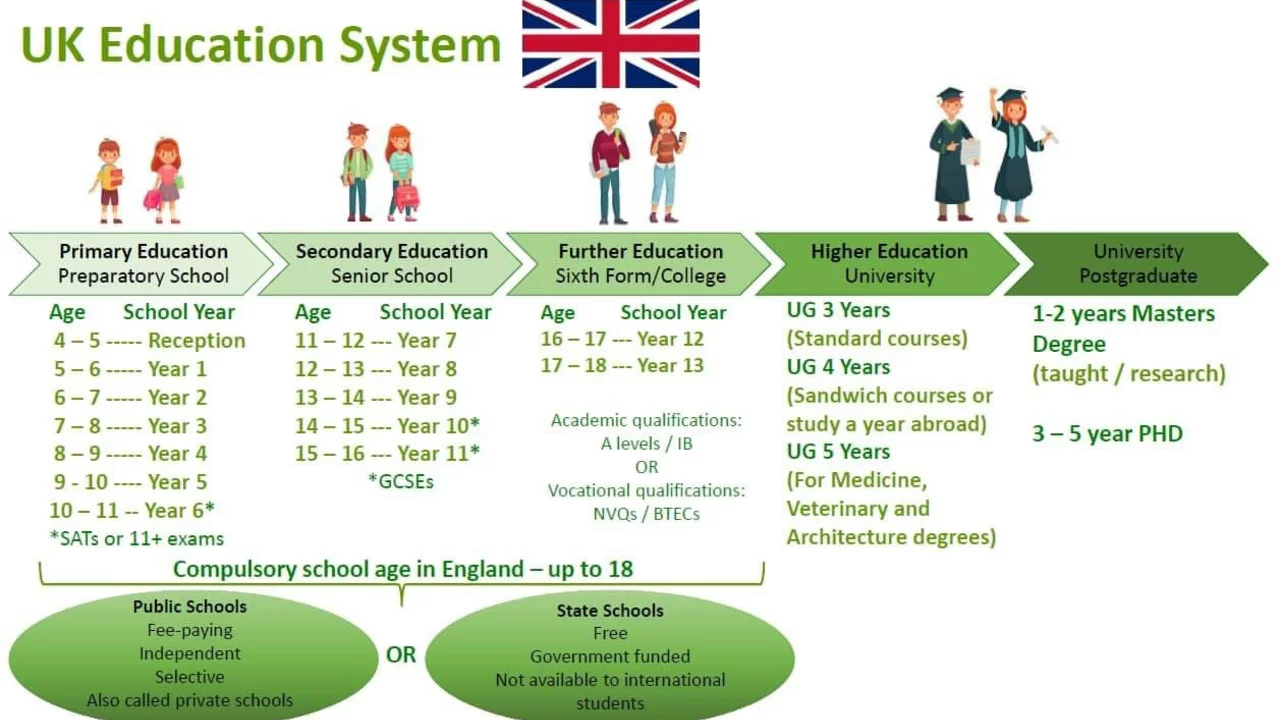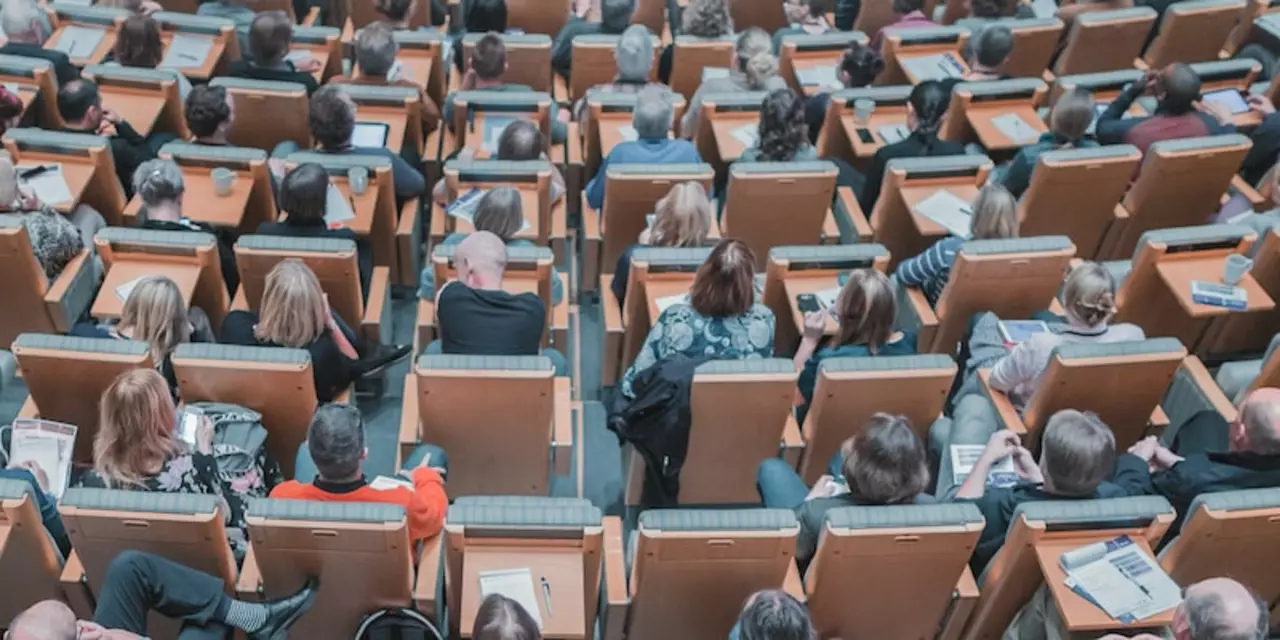Understanding the Meaning of Education
The word 'education' is often tossed around in conversations, but what does it truly mean? At its core, education is the process of acquiring knowledge through systematic instructions and studies. It is the key to understanding the world around us, and it's the foundation upon which we build our futures. It is not just about reading, writing, or arithmetic, but also about learning how to think critically, solve problems, and adapt to change. Education equips us with skills and tools necessary to navigate through life, enabling us to contribute positively to our communities and societies.
The Importance of Education in Today's Society
Education is more than just a stepping stone towards landing a good job. It serves as a critical component in the development of an individual's personality and our world's future. It broadens our horizons, providing us with a better understanding of our surroundings. It also fosters equality, paving the way for a more socially inclusive society. Education encourages innovation, fuels economic growth, and promotes a peaceful co-existence among individuals. Without education, we would lack the guidance needed to create a sustainable future.
Key Components of a Good Education
A good education is a well-rounded one. It's not just about academic success but also includes character building, physical well-being, and emotional intelligence. It promotes creativity and critical thinking skills, fostering a love for learning. A good education also instills values and morals, teaching us the importance of integrity, respect, and empathy. It encourages curiosity, allowing us to question and challenge the status quo, and provides us with the confidence to voice our opinions and ideas. Above all, it prepares us for the real world and helps us become responsible global citizens.
The Different Types of Education
Education is not confined to the four walls of a classroom. It is a lifelong process that can be categorized into formal, informal, and non-formal. Formal education is what we typically associate with schools and universities. Informal education, on the other hand, is a lifelong process where individuals acquire attitudes, values, skills, and knowledge from daily experiences. Non-formal education includes adult basic education, adult literacy education, or school equivalency preparation. Each form is significant in its own way and contributes to the overall learning experience of an individual.
The Role of Technology in Education
Technology has revolutionized the realm of education, making learning more engaging and accessible. With the advent of e-learning platforms, students can now learn from anywhere, anytime. It caters to different learning styles, allowing students to learn at their own pace. Technology also promotes collaboration and interactive learning, fostering a more inclusive educational environment. It has made information readily available, promoting self-directed learning. While technology in education presents numerous benefits, it is also crucial to use it responsibly and effectively.
Education and Globalization
Globalization and education are intrinsically linked. As the world becomes increasingly interconnected, the demand for a globally-minded workforce has increased. Education plays a crucial role in preparing individuals to meet these demands. It promotes cultural understanding, fostering global citizenship. It also encourages innovation and creativity, which are key to driving economic growth in this globalized era. Furthermore, education is pivotal in addressing global issues such as climate change and poverty, equipping individuals with the knowledge and skills needed to create sustainable solutions.
Challenges in Education
Despite the significant strides made in the field of education, numerous challenges remain. These include the lack of access to quality education, especially in developing countries, the increasing cost of education, and the lack of trained teachers. Additionally, the education system often places undue emphasis on academic performance, overlooking the importance of holistic development. It is also crucial to address the digital divide, which has been further highlighted by the COVID-19 pandemic. Tackling these challenges requires concerted efforts from all stakeholders, including governments, educators, and students themselves.
Education for the Future
As we move towards an uncertain future, the importance of education becomes even more pronounced. We need education to prepare us for jobs that do not exist yet, to solve problems that have not been identified yet, and to use technologies that have not been invented yet. Education must evolve to meet these needs. It must focus on promoting creativity and innovation, fostering a love for lifelong learning, and developing emotional intelligence. It must also promote sustainability, equipping students with the tools needed to create a more sustainable future.
The Power of Lifelong Learning
Education doesn’t end when we graduate from college or university. It is a lifelong journey. Lifelong learning is about continuous growth and improvement. It's about staying relevant in a rapidly changing world, and it's about personal fulfillment. It can help us adapt to change, increase our understanding of the world around us, and improve our quality of life. It encourages us to be curious, to seek out new experiences, and to constantly challenge ourselves. Ultimately, lifelong learning empowers us to lead more fulfilling and successful lives.






